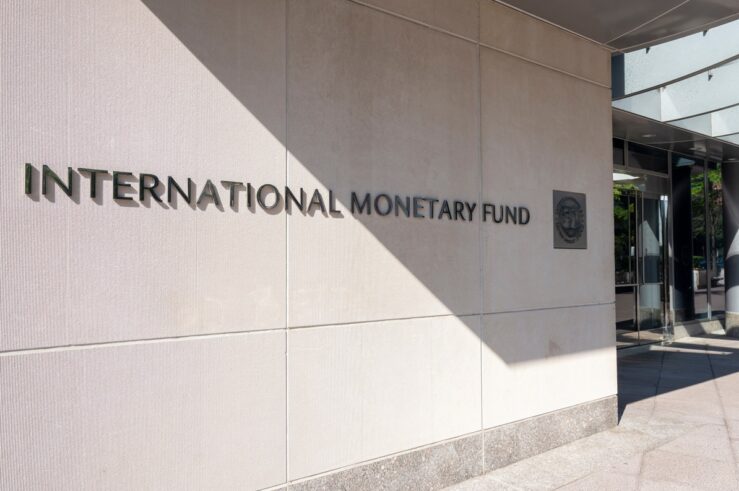Peter Henning discusses “the SEC under fire”, specifically Beckergate, which I’ve already discussed, and Guptagate, which I’ve been mulling since Sorkin’s Dealbook column last Monday. Henning observes that “the questions being asked could undermine the agency’s credibility as an effective regulator of the securities markets.”
As for Beckergate, Henning notes (in addition to the issues discussed in my post earlier today) that ethics approval came 25 minutes after the request from an ethics officer who was supervised by Becker, and “did not consider whether there would be any appearance of impropriety even though work on the matter came within the letter of the conflict of interest rules.”
Becker was involved in the SEC’s decision whether to clawback money from from a $1.54 million account in which he had an interest. Does this seem like there might be an appearance of impropriety worth more than 25 minutes deliberation?
Moreover, even if this is ok with the government, it might not be ok with the DC bar. Henning points out that Becker’s judgment might well be “adversely affected by the lawyer’s * * * own financial, business, property, or personal interests,” and thus raising a question under DC attorney ethics rules.
Guptagate is the SEC’s decision on March 1, the eve of its big Rajaratnam case, to file an administrative order against Rajat K. Gupta, former Goldman Sachs and P & G director, for tipping Rajaratnam about nonpublic information at the two companies. Gupta had responded to a Wells notice only four days earlier, and the SEC made the decision after an unusually short weekend review.
Moreover, the SEC chose this as the first insider trading case (and the first of the 26 Galleon related cases) to be brought under a new Dodd-Frank provision that gives the SEC the benefit of a “home court,” a lower evidentiary standard, and the opportunity to avoid judicial review. (Betcha didn’t know this was what Dodd-Frank was for). Yet just a few days later the SEC filed an insider trading case against a lawyer in federal court that involved only $27,400, much less than R supposedly made off Gupta’s information.
Sorkin notes that despite its extensive phone-tapping, the Gupta calls evidently weren’t recorded. Also, “you have to imagine that if the evidence was truly overwhelming against him, Mr. Gupta might have sought to become a government witness to save himself.”
So is the SEC in league with Justice to patch a gaping hole in its case against R by tainting a key witness? If so, it wouldn’t be the first time the government has used its power to threaten and taint potential defense witnesses to smooth its path to victory. Indeed, as I’ve written, such abuse is a foreseeable result of giving great power to lightly supervised government agents.
If we’re going to keep passing financial laws that beef up the SEC’s power, we need to watch carefully how that power is exercised.
Update: Carney reports the SEC was actually at odds with Justice over the Gupta charges and that they were actually a power play by the SEC. So less bad for Justice, but arguably even worse for the SEC.




